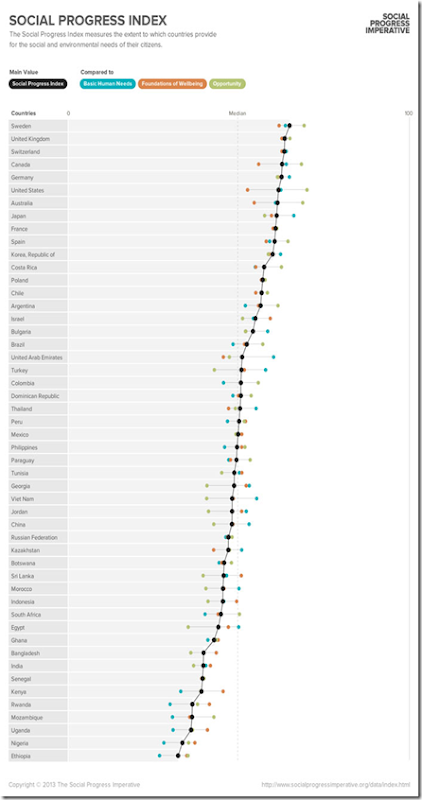Global warming has been a hot topic – in science, popular press and politics. On this topic, it is difficult to separate the three cohorts, which on most issues give themselves up by showing dogma, entertainment value and ignorance, respectively. The topic does present significant optionality for everybody involved to prove and disprove, to believe and disbelieve, to embrace strategy and tactics, to divulge compassion and ignorance, to showcase intellect and political affiliations and to make a living. Such is the state of affairs on the warming Earth, that even scientists of repute disagree on observations and projections, it is unbelievable that a reality show has not taken root.
Carbon, the building block of all known life, could never have imagined such negative press. As the owners of fossil fuels encourage more burning and those who have been burning for ages show signs of restraint, the black smoke rises with unpredictable long term impacts. Those who are convinced of the impending doom pose rational arguments, couched in risk management. Wouldn’t one, they ask, cut back on fossil fuels, even if the risk of catastrophic outcomes is very small - for the worst outcome is nothing less than possible eradication of humans? Even such small probabilities of really bad outcomes are reason enough to take action, they argue. The same argument should make air travel the most dangerous to undertake - that a small probability of a catastrophic failure would be sufficient to avoid taking part in such an adventure. On the other hand, the talking heads on TV, mistake weather for climate, and ponder if “global warming is dead,” when the arctic air blows in from the North in the winter. Surely, there is a reality show in here somewhere.
Some of the brightest scientists, in an attempt to get the public to see the problem, have made arguments that make their own positions untenable. The gradual downward trend in surface temperatures in the last decade is an anomaly, they argue, but the upward trend 30 years prior is a certain sign that temperatures will rise exponentially. The less scholarly, in an attempt to show affiliation to the money-makers want every drop of hydrocarbon out of mother Earth and as fast as possible, to feed the economy and themselves. The collision of statistics, science and ignorance has cooked up a potent soup of confusion, attempting to decipher and predict the behavior of a highly non-linear system, driven by many different cyclic effects, some with a periodicity of millions of years. Meanwhile, sure signs of magnetic pole switches on the Earth and the Sun, the tactical impacts of which are unclear, have been swept under the rug.
Dogmatic science, entertainment based press and ignorant politics boil up the debate as the drama continues – those who can see the lighter side of it, could be the eventual winners
.

